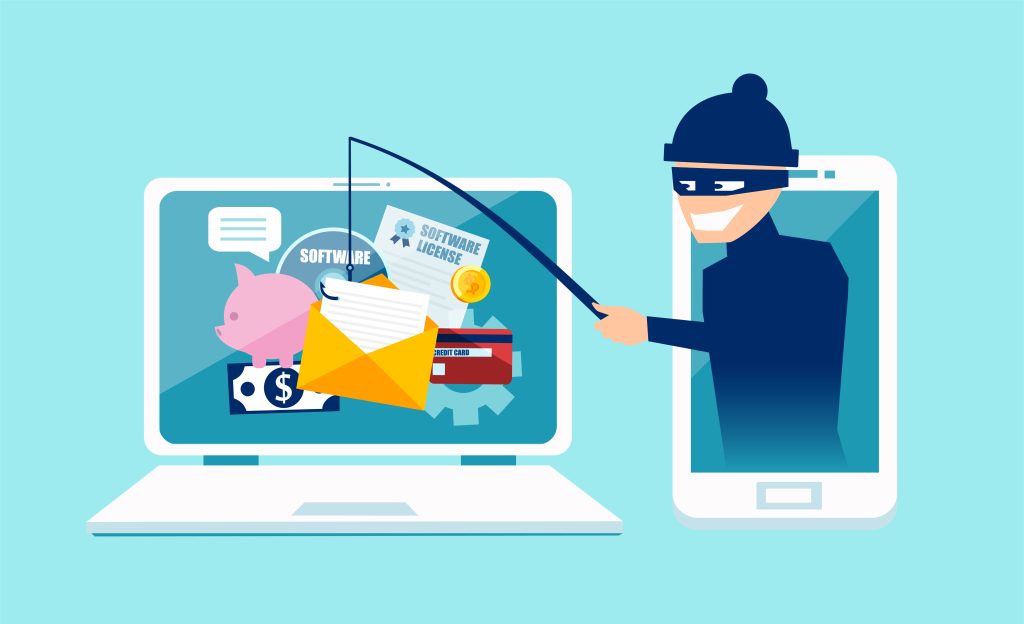Posts by kinetixadmin
Essential Steps to Take After a Phishing Scam
If you’ve fallen victim to a phishing scam, knowing what to do next is crucial to minimize damage and protect your information. Essential steps to take after a phishing scam involve securing your accounts, changing passwords, and reporting the incident to your bank. What Should I Do if I Clicked on a Phishing Link? If you click…
Read MoreImportant Update for Business Customers: Comply with New Beneficial Ownership Information (BOI) Requirements
If you own or manage a business, it’s crucial to stay informed about upcoming regulatory changes. The U.S. Treasury’s Financial Crimes Enforcement Network (FinCEN) is enforcing new Beneficial Ownership Information (BOI) requirements that will impact most U.S. businesses by the end of the year. Who Needs to Comply? These BOI requirements apply to most businesses,…
Read MoreSafeguard Online Banking: Phishing Scam Prevention Tips
Welcome back to our series on cybersecurity! Following our interactive quiz on spotting phishing scams, we dive deeper into how you can protect yourself from these nefarious online threats. Gibsland Bank & Trust is committed to helping you secure your online banking experience. How does Gibsland Bank & Trust protect its customers from phishing attacks?…
Read MoreNavigate Phishing Risks: Stay Secure with GBT Bank’s Insights
Phishing scams continue to evolve, posing a significant risk to online users. Our recent blog, “Can You Spot a Phishing Scam?”, highlighted the need for awareness. Today, we delve deeper into how these scams have transformed, what you should watch for, and how Gibsland Bank & Trust (GBT) is at the forefront of combating these…
Read MoreInteractive Quiz: Can You Spot a Phishing Scam?
Welcome to the “Spot the Phishing Scam” Quiz! Are you confident in your ability to detect online fraud? Phishing scams are increasingly sophisticated, and even the savviest users can sometimes be tricked. This interactive quiz will challenge you to identify various scenarios to see if you can distinguish between legitimate operations and potential phishing attempts…
Read MoreSafeguarding Your Finances: Tips from Gibsland Bank and Trust to Avoid Phishing Techniques and Enhance Financial Security
Gibsland Bank and Trust strives to be a reliable partner for financial stability and community support in North East Louisiana. Our dedication lies at the heart of our communities and we are committed not only to providing excellent banking services but also to empowering our customers with knowledge to safeguard their hard-earned money. Avoid Phishing…
Read MoreCybercriminals Trick Victims into Transferring Funds to “Reverse” Instant Payments
Link: https://www.ic3.gov/Media/Y2022/PSA220414 Cybercriminals Trick Victims into Transferring Funds to “Reverse” Instant Payments Written by: Federal Bureau of Investigations Cybercriminals are targeting victims by sending text messages with what appear to be bank fraud alerts asking if the customer initiated an instant money transfer using digital payment applications (apps). Once the victim responds to the alert,…
Read MoreCyber Security Protection Tips
Cyber Security protection tips: Lookout for fake sites and unsolicited emails. Early warning signs include spelling or grammatical errors, missing contact information, and suspicious URLs or email addresses. However, familiar names can also be used in order to deceive; always verify the sender before opening or accepting anything. Limit the type of business conducted over…
Read More







